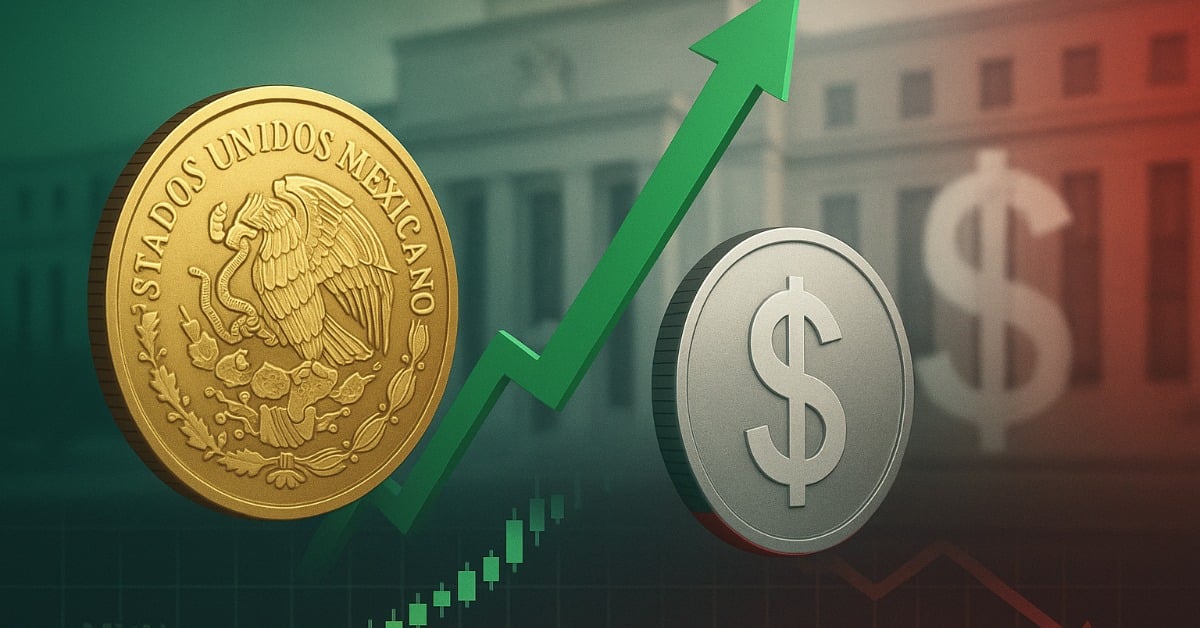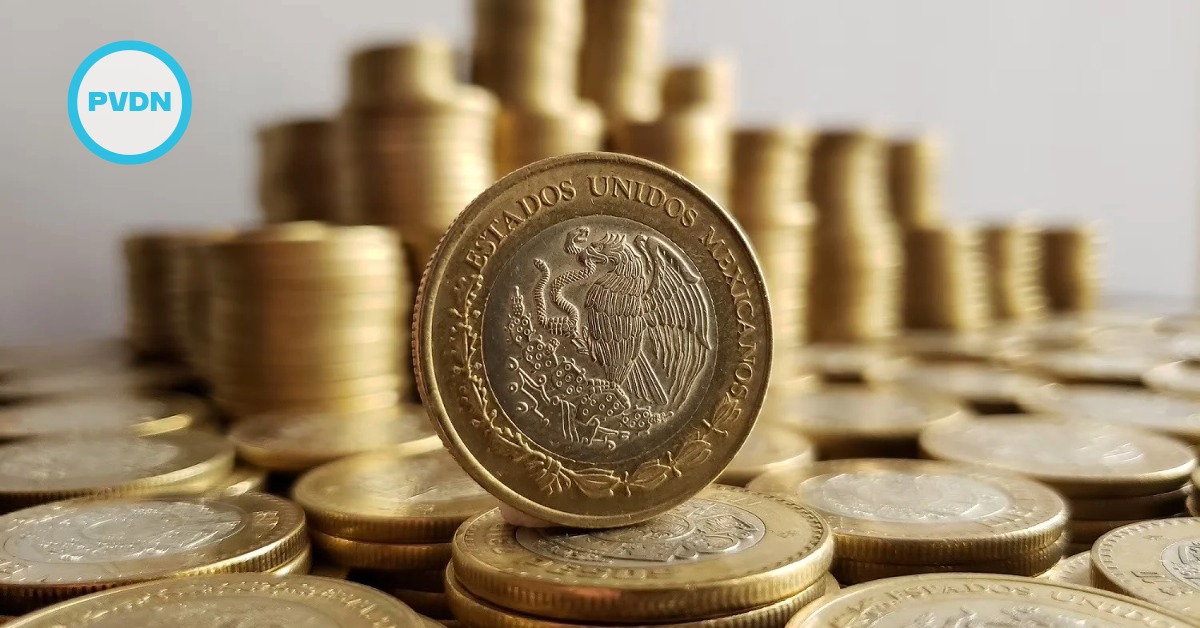The Mexican peso strengthened on Wednesday following President Claudia Sheinbaum's inauguration, as investors responded to promising economic signals from the United States. The domestic currency MXN= traded at 19.4364 pesos per dollar, showing a gain of 0.86% compared to Tuesday’s Reuters reference price. The appreciation followed a 0.37% gain during Tuesday’s international trading session, as Mexican markets were closed due to a public holiday marking the change of presidential leadership.





